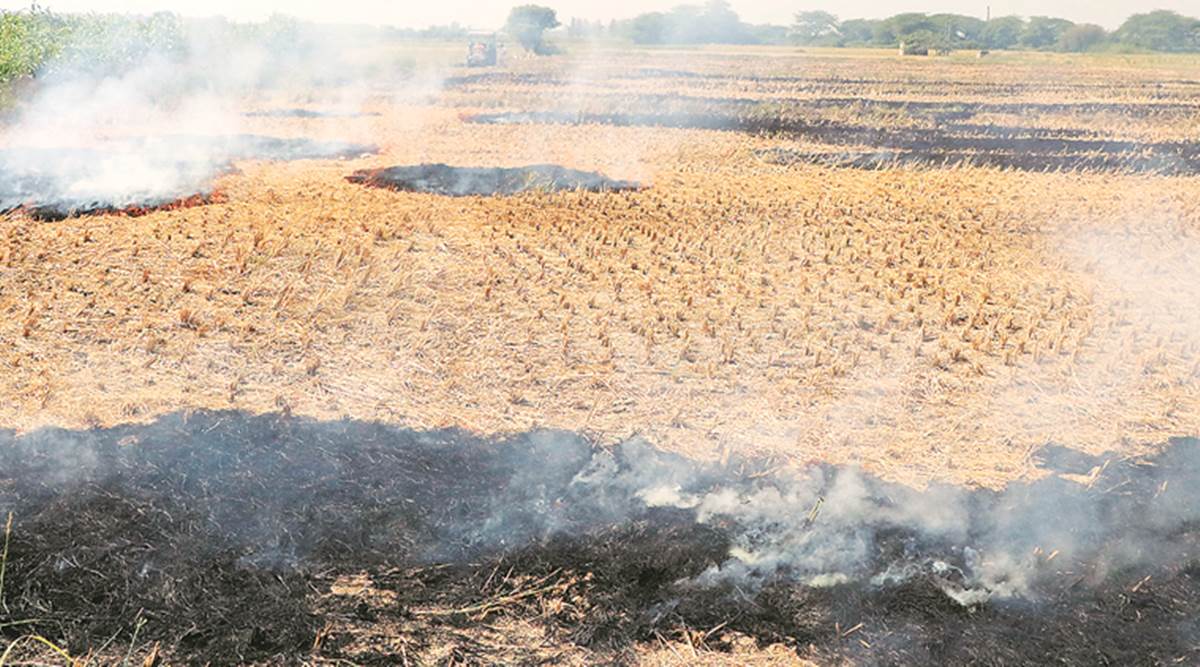 The hydrogen generation technology uses agricultural residue from sources like paddy, wheat or maize that is rich in cellulose and hemicellulose content. (Representational)
The hydrogen generation technology uses agricultural residue from sources like paddy, wheat or maize that is rich in cellulose and hemicellulose content. (Representational) R&D innovation laboratory Sentient Labs and MACS-Agharkar Research Institute in Pune have jointly developed a technology that generates hydrogen directly from agricultural residue for use in fuel cell-powered vehicles.
Hydrogen fuel cell vehicle technology is estimated to be the next big step in sustainable mobility as it provides a large operating range, is suitable for commercial vehicles and leaves minimal environmental footprint.
“The hydrogen generated using the new method can be utilised to power fuel cell vehicles that emit only water, thus making the entire cycle pollution-free. The need of the hour in crude oil-importing nations is to rapidly move towards self-reliant energy sources and sustainable mobility,” said Ravi Pandit, Chairman of Sentient Labs, incubated by KPIT Technologies.
The hydrogen generation technology uses agricultural residue from sources like paddy, wheat or maize that is rich in cellulose and hemicellulose content. Hydrogen is directly generated from such residue using microbial culture. It further generates methane, which can be utilised for producing additional hydrogen by steam methane reformation.
Dr Prashant Dhakephalkar, Director of Agharkar Research Institute, said the technology is 25 per cent more efficient compared to conventional anaerobic digestion processes. “The innovative two-stage process eliminates pre-treatment of the biomass, thus making it economical and environment-friendly. This biologically benign process generates digestate rich in nutrients which can be used as organic fertilizer. Its by-products can be used as soil conditioners while undigested solids can be sold as solid fuel,” he said.
India generates approximately 200 million tonnes of unutilised agricultural residue, which is mostly burned. This new process can avoid the burning of biomass generated in large measure in rural areas and provide organic manure and CO2, which can be used in various industries.
Sentient Labs’ vision is to build technology solutions for the electrification of mobility. It has identified bottlenecks in battery technology, fuel cell technologies, and technologies for hydrogen generation. Efforts are underway to create the building blocks necessary for sustainable mobility, an official statement said.
“We incubated Sentient Labs to work on technology R&D projects related to mobility and energy. This breakthrough of generating hydrogen from unutilised agricultural residue will help us become self-reliant on energy resources. It will also add a major stream of revenue to the farmer community. We will continue R&D and invite partners to come on board for production and commercialising the same,” Pandit said.
- The Indian Express website has been rated GREEN for its credibility and trustworthiness by Newsguard, a global service that rates news sources for their journalistic standards.

